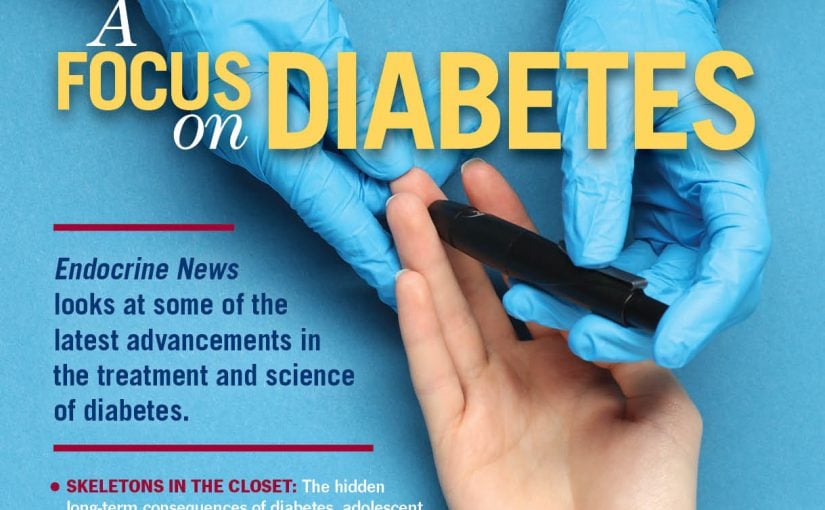Men with hypersexual disorder may have higher levels of oxytocin in their blood than men without the disorder, according to a small study published in the Endocrine Society’s Journal of Clinical Endocrinology & Metabolism.
Hypersexual disorder involves excessive, persistent sexual behaviors related to various mood states, with an impulsivity component and experienced loss of control.
Oxytocin is a hormone produced by the hypothalamus and secreted by the pituitary gland. It plays a key role in sexual behavior, and abnormal levels of the hormone may contribute to hypersexual disorder.
“We discovered that men with compulsive sexual behavior disorder (CSBD) had higher oxytocin levels compared with healthy men,” says Andreas Chatzittofis, MD, PhD, of the University of Cyprus Medical School in Nicosia, Cyprus and Umeå University in Umeå, Sweden. “Cognitive behavioral therapy led to a reduction in both hypersexual behavior and oxytocin levels.”
The researchers analyzed the blood samples of 64 men with hypersexual disorder and 38 healthy men and found the hypersexual men had higher levels of oxytocin in their blood. Thirty men with hypersexual disorder went through a cognitive behavioral therapy program and saw a significant reduction in their oxytocin levels after treatment.
“Oxytocin plays an important role in sex addiction and may be a potential drug target for future pharmacological treatment,” Chatzittofis says.
Other authors of the study include: John Flanagan, Jonas Hallberg, Katarina Görts Öberg and Stefan Arver of Karolinska University Hospital in Solna, Sweden; Adrian Desai E. Boström of University of Cyprus in Nicosia, Cyprus and Umeå University; and Jussi Jokinen of Umeå University and Karolinska Institutet in Stockholm, Sweden.
The study received funding from the Swedish Research Council, the Stockholm Regional Council and the Region Västerbotten.
The manuscript, “High Plasma Oxytocin Levels in Men with Hypersexual Disorder,” was published online, ahead of print.
You may also like
Dysfunction Junction
New research challenges traditional approaches to male reproductive aging One of the posters presented as part of ENDO 2025’s Reproductive Endocrinology tract gained a lot of attention because it shed light on a heretofore unheralded link between men’s sexual well-being and metabolic health. Lead author Michael Zitzmann, MD, PhD, talks to Endocrine News about his…
Anti-Obesity Medications Can Normalize Testosterone Levels in Men
Anti-obesity medications can significantly raise testosterone levels and improve health outcomes for men with obesity or type 2 diabetes, according to a new study being presented Monday at ENDO 2025, the Endocrine Society’s annual meeting in San Francisco, Calif. Testosterone not only plays a critical role in the body when it comes to male sexual…

